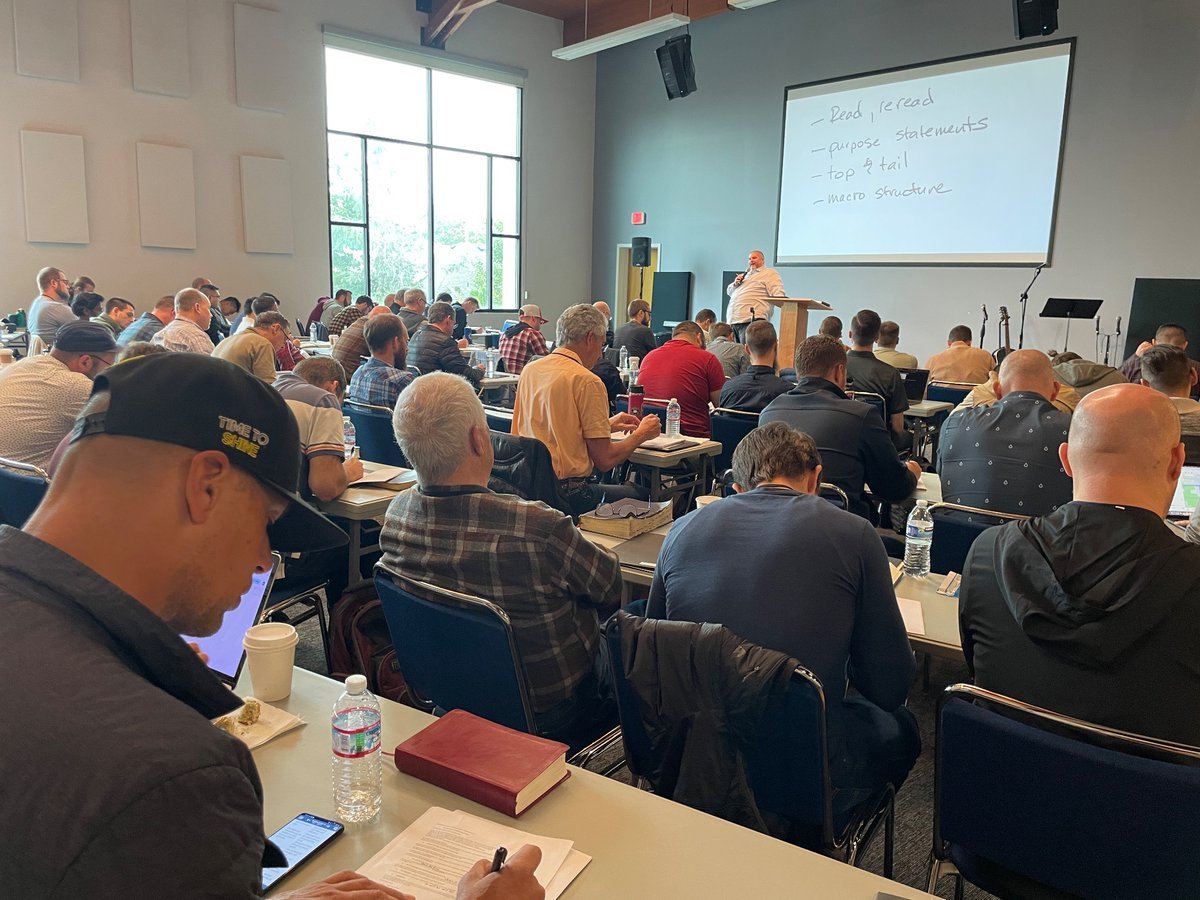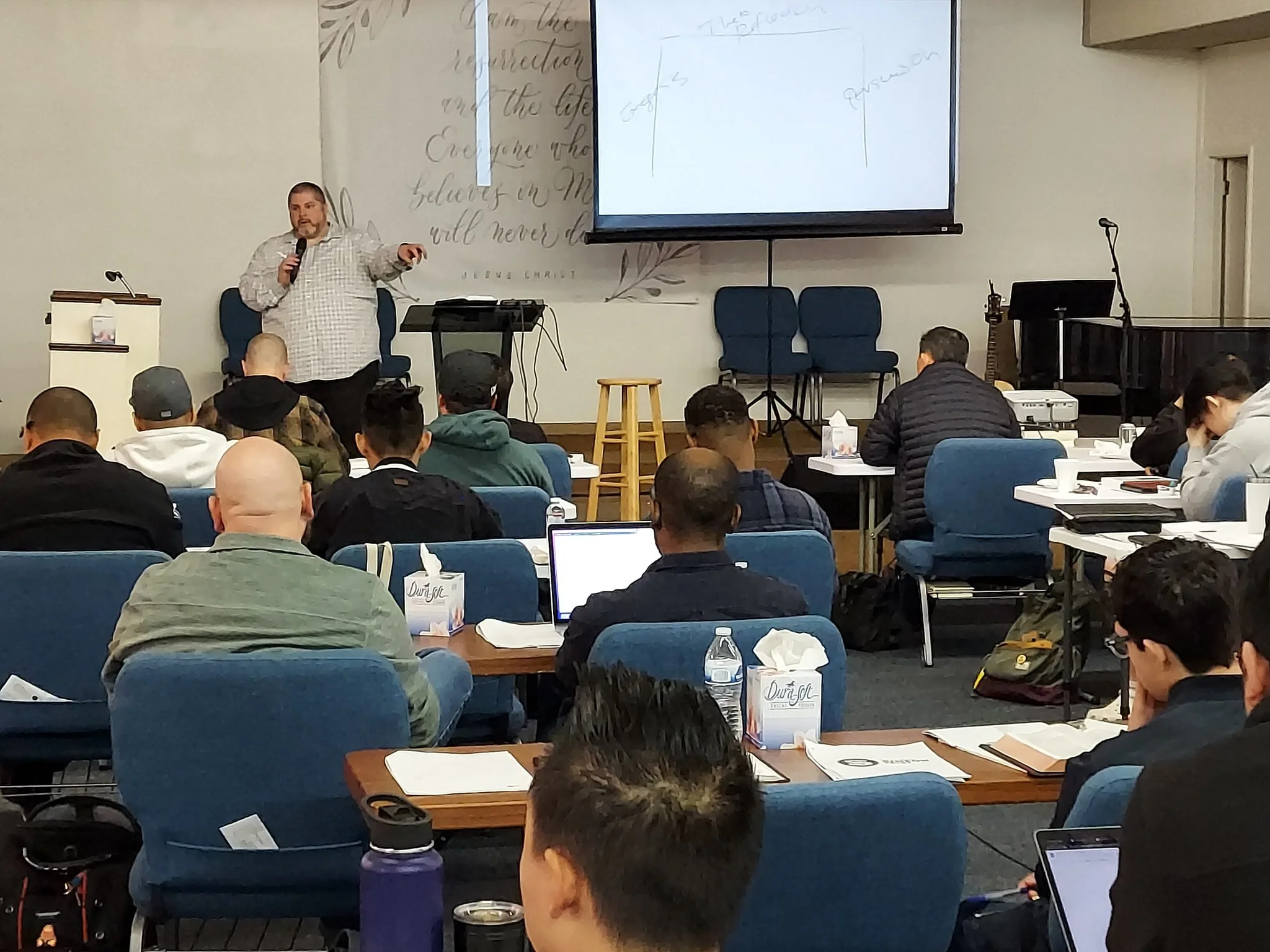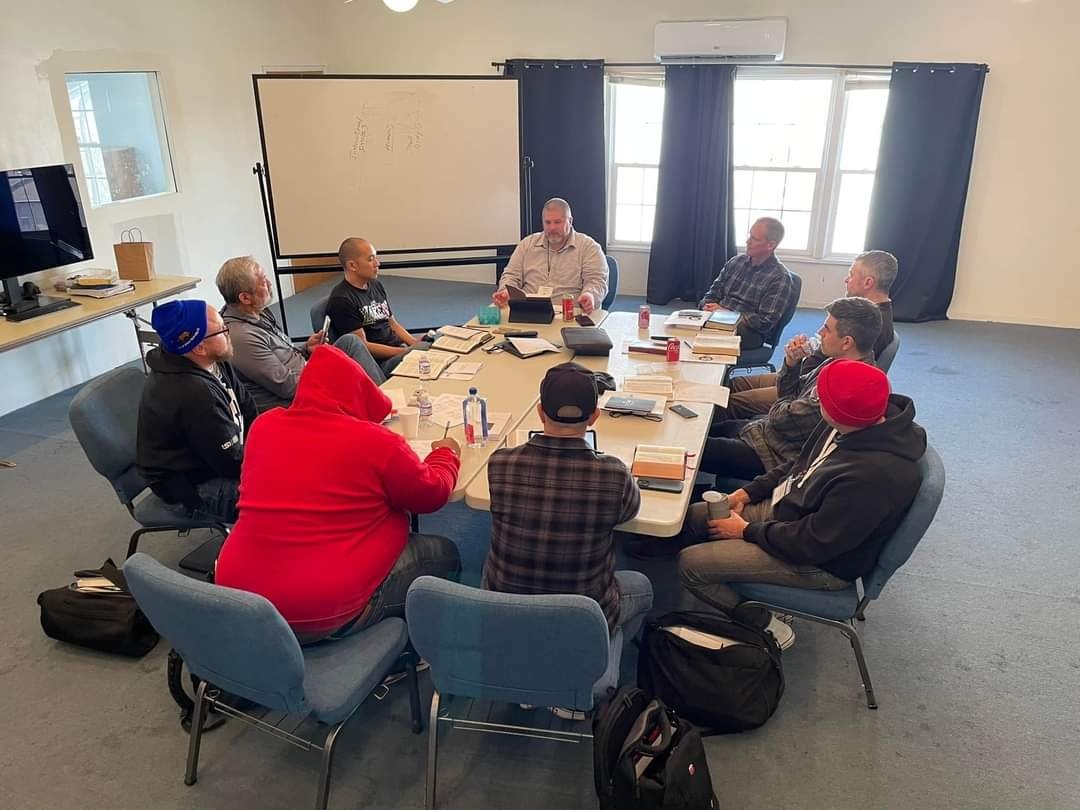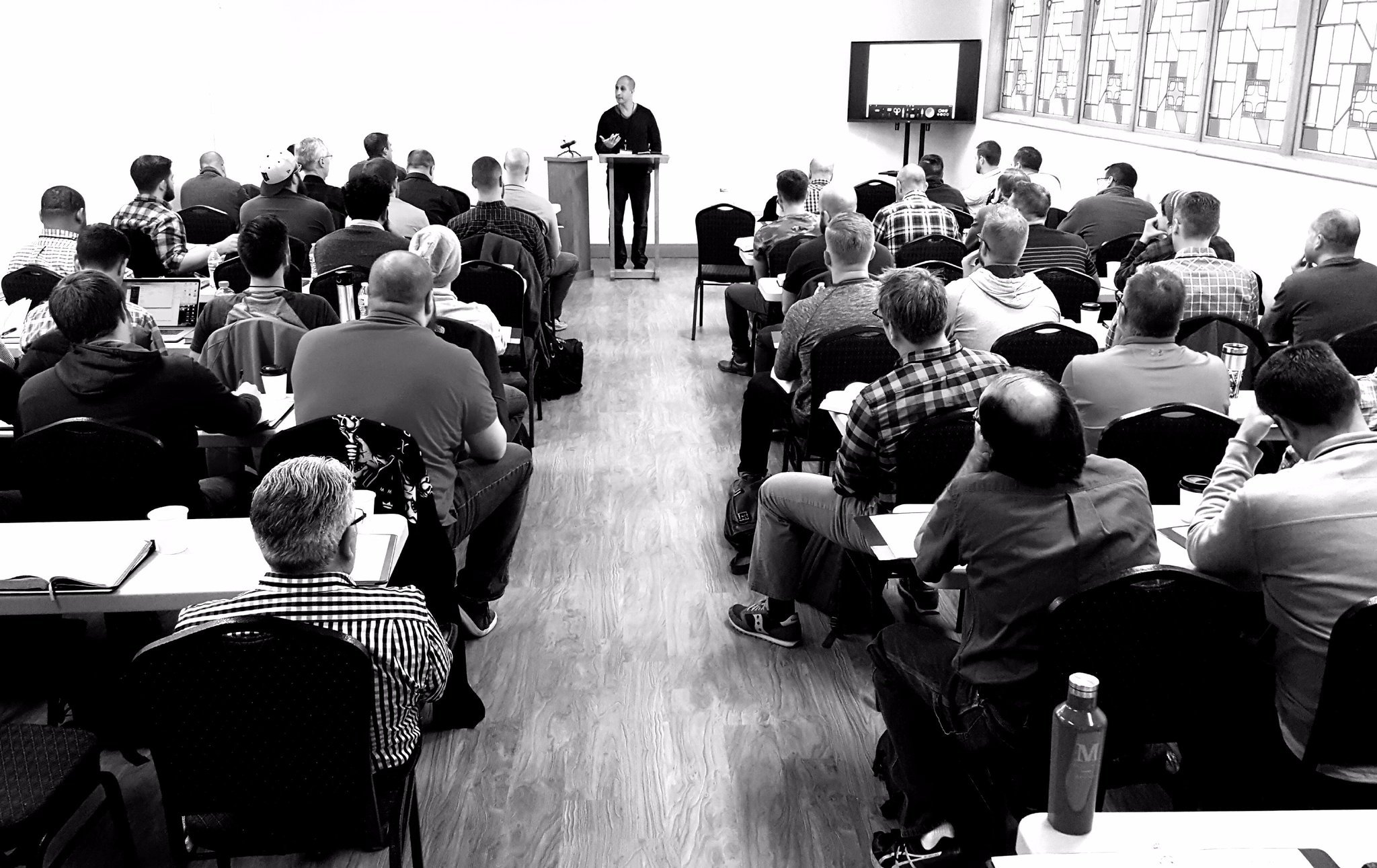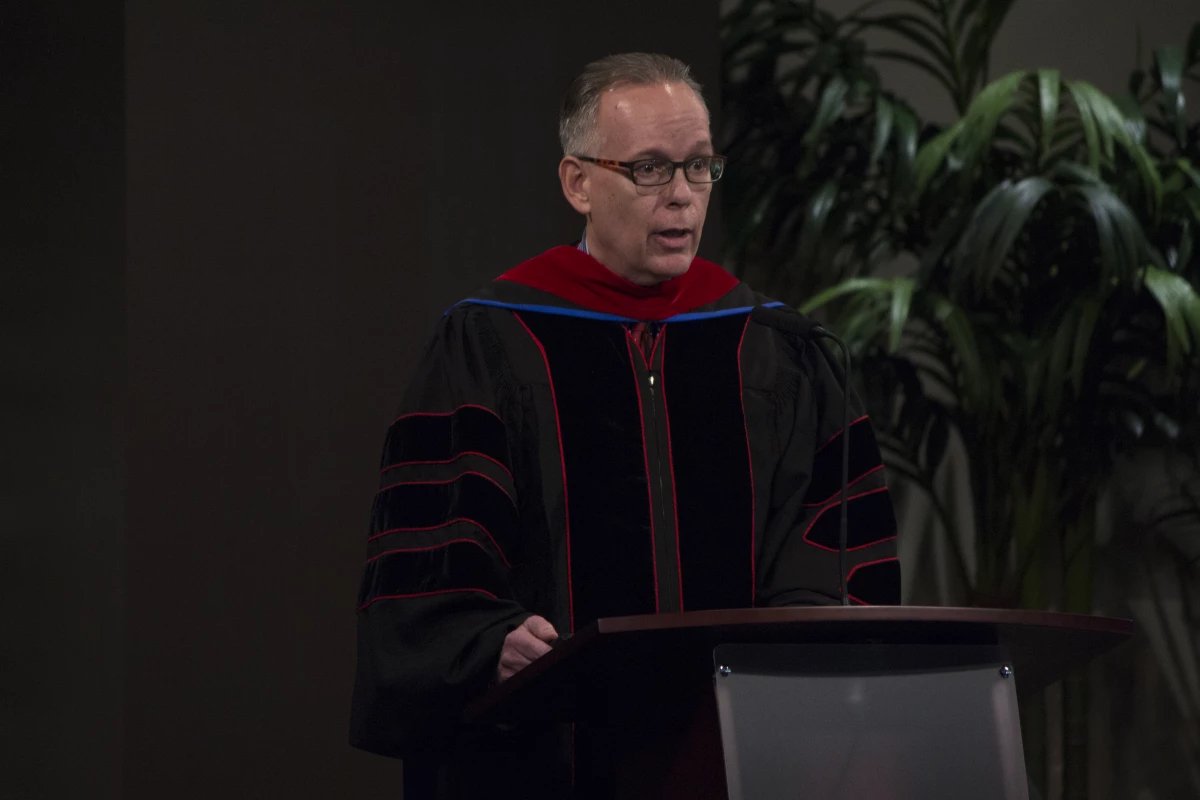A Fork in the Road for the SBC
/Sitting at lunch, 700 miles from home with two pastors I did not know, I was not surprised that one of their first questions was, "Why the SBC?" These two young men--one a church planter and the other a new pastor of an old church--were asking me if I thought there was any reason to consider being a part of the Southern Baptist Convention or remaining a part of the SBC. I didn't bring it up. I didn't mention that I pastor a church that presently partners with the SBC. They asked. This question is relatively typical in pastor circles these days. It's a reasonable question.
In 2020, congregants started asking, "Has the SBC gone woke?" The SBC was entangled with critical race theory (CRT) and has been arguing about untangling or tightening the knot ever since. For years, there have been questions and arguments about sexual abuse and more significant arguments about what to do about it. Race reconciliation and how to redeem the past, present, and future has been an ongoing argument for decades. The ERLC has sparked numerous in-house arguments about their involvement with elections, pro and anti-abortion legislation, and their participation in promoting Tenesse red-flag gun control laws. Who is and is not a pastor promoted a change in the Baptist Faith and Message that has done more to divide than unite, for good or bad. Questions about NABM's methodologies, partnerships, and accountability have caused sharp, ongoing disagreements. The gross mishandling of seminary funds has been a source of jokes and arguments. Top leaders spiritually disqualifying themselves hasn't helped. Neither has plagiarism. Financial accountability and transparency among the entities the SBC messengers started and funded but can't control have also been the seeds of numerous disputes. Lawsuits. More lawsuits. The lawsuit filed against the SBC by the federal government isn't helping either.
These two pastors also bemoaned issues with their local association and state convention. There was a time when pastors would be frustrated with the SBC national scene but find comfort in the work of local SBC partnerships. Those days are waning, too.
In many cases, the local associations and conventions--among what is often praised as a locally autonomous organization--have terminated autonomy by overly partnering with the national scene for one reason or another. And if they haven't partnered, many seem to have other issues. Lack of vision, lack of innovation in a post-pandemic world, and mission drift are often sources of contention and division.
These struggles have caused pastor and church involvement to decline. Furthermore, sending funds to the Cooperative Program is hard when nobody's cooperating. Efforts to "fix" the local organizations have become another source of disagreement, just as complicated as the disagreements circling the efforts to "fix" the SBC nationally.
Acts 15:36-41 speaks deeply into this matter.
Paul and Barnabas had a great run. Together, they helped equip and train up the church in Antioch. Their first missionary journey was fruitful. They were instrumental in the outcome of the First Jerusalem Council, and the Apostles chose them to take the decision back to the saints. These guys were a power team with a praiseworthy, successful ministry history. But then, a sharp disagreement about how they would move forward arose. How would this be resolved?
It's no small thing that just before this passage, Acts 15:1-35 deals with a serious disagreement and dispute. That issue had much to do with how the Old Testament relates to the New Testament and how Judaism is associated with Christianity, all playing out in the necessity of circumcision. What a severe disagreement that could have easily split the Church! In that case, the dispute was positively resolved unless you were on the side of the Circumcision Party. Now, what would happen between Paul and Barnabas? How would their dispute end?
As it turned out, the disagreement between Paul and Barnabas ended with a split. Barnabas took Mark one way, and Paul took Silas another. What this a positive or negative outcome? Commentators are at odds, but it's clear God's work continued, even if it didn't look like it always looked. There are times when Christians will do ministry, but it may be better that they don't do it together. When the disagreement becomes so distracting from the work, something needs to change.
The SBC is at a fork. Some will continue along the path together, and others will take the divergent trail. Both options are okay. What's not okay is dragging on the sharp disagreements for so long that the work of ministry stalls to nothing. What's not okay is extending the dispute about how we do ministry to include an assault on the choices that churches need to make to continue serving our Lord, one way or another.
The SBC could have many fewer churches. The Corporate program could have substantially less money. But if all the churches stay Kingdom-minded, gospel work will continue in fruitful ways. Churches that no longer share funds with the SBC will deploy those funds in other ways and with other partnerships. Chances are good that churches that separate from the SBC will begin doing more ministry work and give more money to gospel work because they will no longer be so frustrated or discouraged by a dysfunctional partnership. Stalled ministry may move forward once again. And when there's less disagreement within the SBC, the SBC may return to doing healthy ministry, even on a small scale. This is okay, even more than okay. It's good.
I know my answer to the question posed by those two pastors. I also know my answer doesn't need to be anyone else's answer. Autonomous churches need to make their determinations autonomously. They need to choose if and how they partner with the SBC, if and how much they give to the voluntary funding program, and how they feel about it. Autonomous churches must be okay with other autonomous churches doing things differently unless they don't care about autonomy. If we're going to move past this challenging season, we need to look past our disagreements, make our determinations, and choose the path. Then, maybe we'll get back to serving our Lord well.




